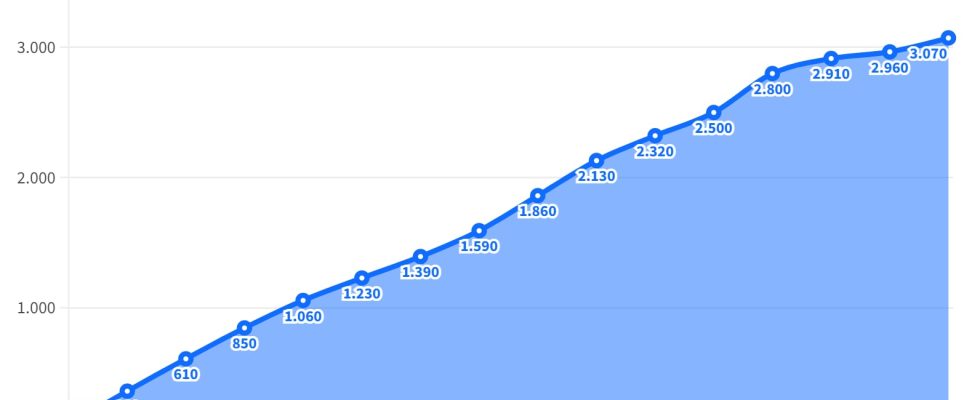He was only 19 when he created the website. 20 years ago, on February 4, 2004, the young Mark Zuckerberg launched TheFacebook with his roommates from Harvard University (Massachusetts, United States). Success is immediate.
20 years later, what was originally a trombinoscope for students has become a juggernaut: with 3.05 billion users, the platform will remain the social network in 2023 the busiest in the world, according to data from the digital agency We are social. Facebook was ahead of Google’s YouTube (2.5 billion users), WhatsApp (2 billion) and Instagram (2 billion). Like Facebook, the latter two are part of the parent company Meta.
Facebook, however, has no shortage of detractors. As early as 2009, online rights organizations filed complaints against the platform over its confidentiality rules, pushing Zuckerberg to sign an agreement with the American authorities at the end of 2011. A year also marked by the massive use of Facebook in countries that experienced the revolts of the Arab Spring.
After a successful IPO in 2012, the social network faced criticism again in 2016, when it was accused of allowing Russia to influence elections, including that of US President Donald Trump that same year. Two years later, the Cambridge Analytica scandal, named after a British data analysis company, revealed that the latter had collected the data of 50 million Facebook users without their knowledge to promote Trump’s victory.
Since then, the platform has been regularly criticized for its inability to moderate sensitive content, particularly aimed at minors. This was also the subject of a hearing of five social network bosses, including Mark Zuckerberg, in the American Senate on January 31. Faced with several victims and victims’ families who came to testify, the CEO of Meta had to apologize “for everything you have experienced”, before detailing the numerous measures taken by his group to protect the youngest.
